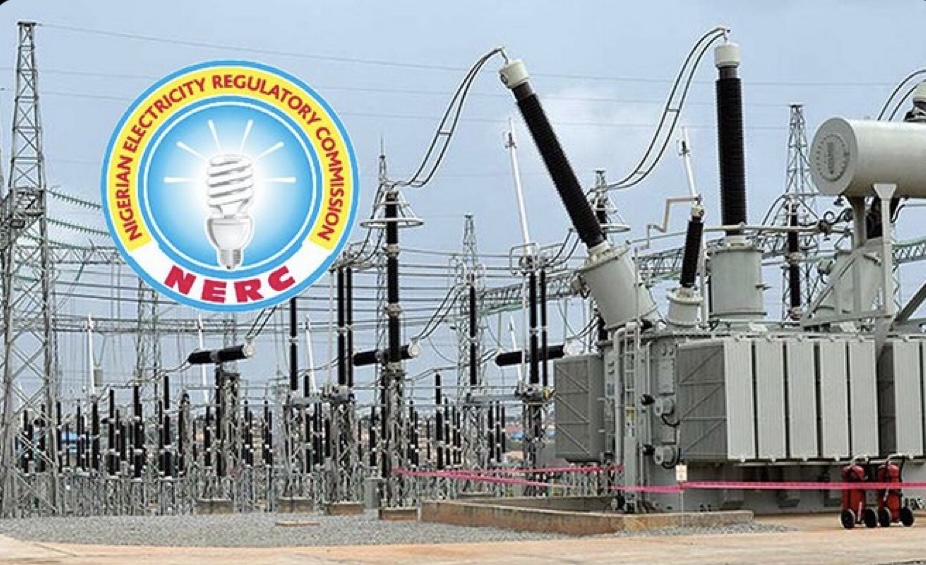Redirect $2bn Electrification Fund to Industrial Power, NERC Urges FG

The Nigerian Electricity Regulatory Commission (NERC) has called on the Federal Government to reconsider the deployment of the $2 billion fund currently managed by the Rural Electrification Agency (REA), urging that a significant portion be redirected toward powering Nigeria’s industrial hubs to boost economic productivity.
NERC’s Vice Chairman, Dr. Musiliu Olalekan Oseni, made the call during an energy forum in Abuja, where he emphasized that while the ongoing off-grid and mini-grid projects have improved electricity access in rural areas, they are insufficient to drive large-scale industrial growth. “You can power access through mini-grids, but you can’t power your economy to prosperity,” Dr. Oseni stated, stressing the need for a new policy direction that aligns energy investment with industrial expansion. According to NERC, Nigeria must move beyond rural electrification if it aims to achieve real economic transformation. The commission advised the government to use part of the REA fund to develop end-to-end power solutions for industrial estates, manufacturing clusters, and special economic zones, which continue to struggle with unreliable electricity and high production costs. The regulatory body argued that dedicated power infrastructure for industries would help improve output, reduce dependence on diesel generators, attract foreign investment, and create jobs. It also urged the Ministry of Power to adopt a comprehensive national electricity policy that coordinates federal and state actions to ensure stable power supply for businesses Industry stakeholders have expressed mixed reactions to NERC’s proposal. While manufacturers and business leaders have welcomed the idea, describing it as a crucial step toward improving industrial competitiveness, others have warned that diverting funds away from rural communities could slow progress on nationwide electrification goals The $2 billion fund, sourced through government allocations and development partner support, was initially intended to provide electricity to underserved and remote areas through renewable and off-grid solutions. However, experts argue that the same resources could also be strategically applied to energize Nigeria’s industrial backbone, which remains the key driver of employment and economic growth. NERC maintained that both objectives — expanding access and powering industries — can be balanced through transparent allocation, performance monitoring, and stakeholder engagement. The commission’s proposal has reignited discussions within the power sector on how best to deploy limited resources to achieve sustainable national development. The Federal Government is expected to review the NERC recommendation as part of its ongoing efforts to reform the power sector, strengthen local manufacturing, and attract private capital into energy infrastructure that directly supports industrial production.









